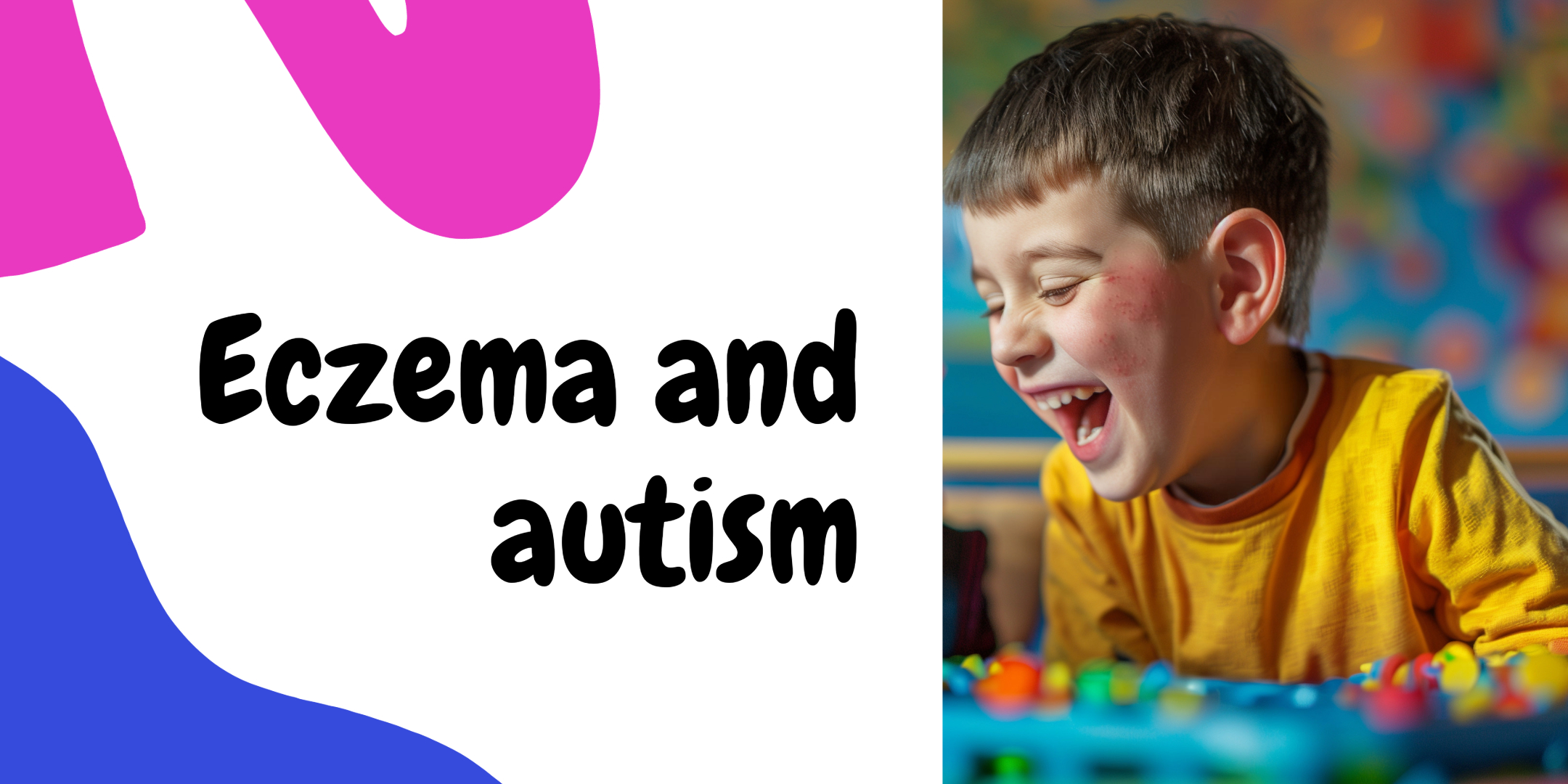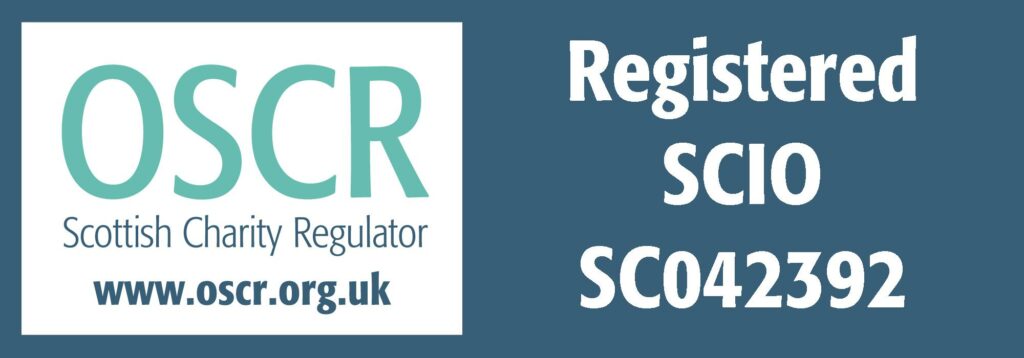Dealing with childhood eczema is challenging, but for people on the autistic spectrum it can be even more difficult.
Sensory issues, the need for routine and dislike of change are all common traits in people with autism and can make coping with skin flare ups difficult.
Jenn lives in Northern Ireland with her husband James and two children with autism – Johnny (10) and Sam (8). Johnny has severe eczema and the family can have a difficult time applying cream and coping with flares.
Jenn said: “Autism makes dealing with eczema extremely challenging. Johnny has sensory issues and needs to have his skin covered all the time, he likes long sleeves and cosy socks and weighted blankets but these things make him hot which is a cause for his skin to flare. But he refuses to not be fully covered so we are stuck between a rock and a hard place.
“Every day is a battle between managing his skin and his sensory needs and it makes things really difficult. Things like his ointment smelling different to normal or being a cream instead of the ointment he likes can result in a huge meltdown and he would refuse to use it. He hates his skin being touched when it is sore and we would have screaming fits trying to apply cream. If you were outside the house, you would think he was being beaten but it is just us trying to put cream on him.
“Showers are important for eczema prone skin to help keep the broken skin clean and free from infection, but Johnny hates them and we have to weigh up do we put him through this trauma – and it is a trauma to him – or risk his skin getting worse.”
The family were reaching breaking point with Johnny’s skin in a really poor condition and dermatology telling them they weren’t following the routine prescribed, so there was nothing they could offer.
Jenn said: “I just felt like I was letting everyone down. I couldn’t manage his skin needs because of his autism and couldn’t manage his autism needs because of his eczema.
“His doctors said we need to follow the cream routine but it makes him so distressed that he lashes out and we have to physically hold him down to apply them.
Eventually a dermatologist prescribed spray emollient which is tolerated by Johnny.
Jenn added: “This has honestly been a life saver. He allows us to spray him as he doesn’t mind the sensation on his skin and means we can apply cream every day. He still really struggles with steroids and creams that need applied but at least we can have him moisturised.
“Caring for a child with eczema is difficult enough but throw in autism and it’s almost impossible. I constantly feel like I’m failing at something but I am trying to be kinder to myself. We are getting in a better routine and have learned so much along the way.”
Johnny added: “My autism and eczema don’t go well together. I can’t decide which I would like to make disappear.”
Jenn’s top tips for dealing with eczema and autism
- Be kind to yourself. You are trying your best for you and your child.
- Spray emollients. If you haven’t tried this, it’s been incredible for us and have heard similar from other families with autistic children.
- Cooling towels are good if your child doesn’t like to be not covered up but needs to cool down.
- Visuals can be helpful. Reward charts, skin care chart or a daily plan can be really helpful for people with autism.
- Every autistic child is different so be open to new ideas of how to manage applying your child’s cream and other treatments.
- However – be selective over the advice you take on board. Random people love to tell you about miracle creams or techniques but you don’t need to listen to all advice.
- It is ok to advocate for your child, you know them best. I found it hard initially to stand up to medical professionals – and to be honest sometimes still do – but you know your child best.





